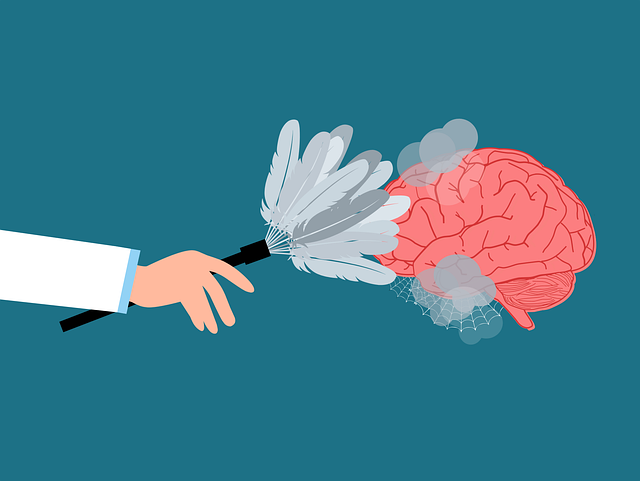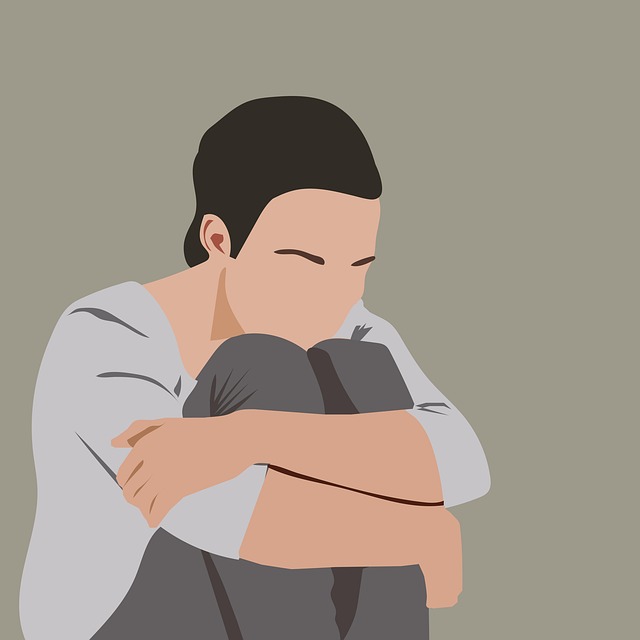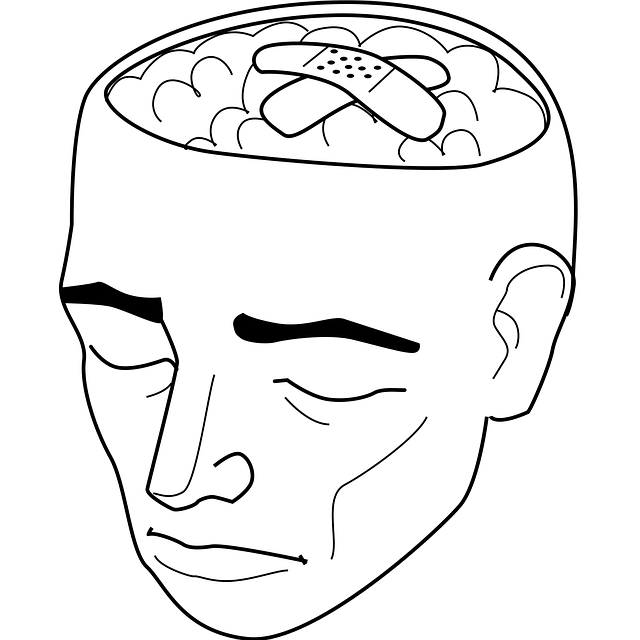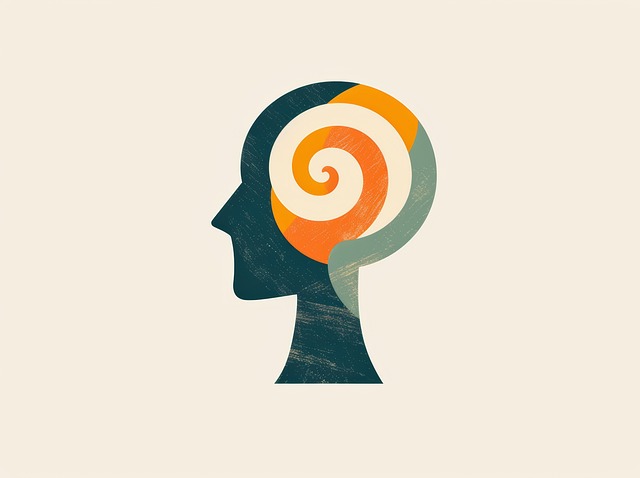Arvada Learning Disability Therapy offers effective anxiety management through tailored cognitive-behavioral therapy (CBT), mindfulness, relaxation techniques, lifestyle changes, and social support. Their evidence-based methods empower clients to overcome Generalized Anxiety Disorder, panic attacks, phobias, and other mental health issues, promoting emotional well-being and stress reduction for a more balanced life.
Anxiety disorders are a common challenge, affecting millions worldwide. If you’re looking for effective anxiety management techniques, this guide is for you. We explore evidence-based strategies like Cognitive Behavioral Therapy (CBT), mindfulness practices, and lifestyle adjustments that have helped countless individuals in Arvada and beyond. Discover how these approaches can reduce symptoms, improve quality of life, and empower you to take control of your mental well-being.
- Understanding Anxiety Disorders and Their Impact
- Cognitive Behavioral Therapy (CBT): A Powerful Tool
- Mindfulness and Relaxation Techniques for Calming Anxiety
- Lifestyle Changes and Support Systems for Effective Management
Understanding Anxiety Disorders and Their Impact

Anxiety disorders are common mental health conditions that significantly impact an individual’s daily life and overall well-being. These disorders, such as generalized anxiety disorder (GAD), panic attacks, or phobias, are characterized by persistent feelings of fear, worry, and unease, often disproportionate to the actual situation. The impact can be profound, affecting one’s ability to function normally, leading to physical symptoms like increased heart rate, insomnia, and fatigue, as well as emotional distress.
At Arvada Learning Disability Therapy, we recognize that managing anxiety effectively is crucial for enhancing mental wellness and improving self-esteem. Understanding the specific type of anxiety disorder is key to selecting appropriate treatment methods, including cognitive-behavioral therapy (CBT), mindfulness practices, or medication, which can help individuals regain control over their lives. By employing evidence-based stress reduction methods, our therapists guide clients towards a more balanced state, fostering resilience and promoting overall mental health.
Cognitive Behavioral Therapy (CBT): A Powerful Tool

Cognitive Behavioral Therapy (CBT) is a highly effective and widely recognized therapeutic approach that has been transforming lives for decades. This powerful tool focuses on identifying and changing negative thought patterns, emotions, and behaviors that contribute to anxiety disorders. By working with an Arvada learning disability therapy expert, individuals can learn to challenge cognitive distortions and replace them with more realistic and positive thoughts, leading to a significant reduction in anxiety symptoms.
CBT is not just about managing anxiety; it empowers individuals to take control of their emotional well-being promotion techniques. Through structured sessions, CBT helps clients develop valuable coping strategies for stress management and self-esteem improvement. By mastering these skills, people can navigate challenging situations with greater confidence and resilience, ensuring a more balanced and fulfilling life.
Mindfulness and Relaxation Techniques for Calming Anxiety

Mindfulness and relaxation techniques are powerful tools for calming anxiety and promoting mental wellness. At Arvada Learning Disability Therapy, we emphasize these practices as part of a holistic approach to stress management and emotional intelligence development. Simple yet effective methods like deep breathing exercises and progressive muscle relaxation can significantly reduce anxiety levels in both the short and long term.
By cultivating mindfulness, individuals learn to observe their thoughts and feelings without judgment, enabling them to detach from anxious thoughts and regain control. This awareness is crucial for managing stress and improving emotional intelligence. Through regular practice, these techniques not only provide immediate relief but also foster a sense of calm and clarity that can permeate daily life, enhancing overall mental wellness.
Lifestyle Changes and Support Systems for Effective Management

Making lifestyle changes can significantly contribute to anxiety management. Regular exercise, a balanced diet, and adequate sleep play crucial roles in maintaining mental well-being. Engaging in activities that promote relaxation, such as yoga or meditation, can help reduce stress levels and improve overall mood. Additionally, connecting with supportive friends and family members or joining support groups, like those offered by Arvada Learning Disability Therapy, can foster a sense of belonging and provide valuable coping strategies. These social connections are essential for managing anxiety, as they offer emotional support and understanding during challenging times.
Building a robust support system is another vital aspect of effective anxiety management. Seeking professional help from mental health experts, including completing a risk assessment, can be transformative. Therapists equipped with techniques like cognitive-behavioral therapy (CBT) aid individuals in identifying and changing negative thought patterns. Furthermore, developing coping skills through exposure therapy or mindfulness practices enables people to manage their anxiety in the long term. Emotional healing processes, facilitated by dedicated professionals, empower individuals to take control of their mental health and lead fulfilling lives.
Anxiety management is a comprehensive journey that involves understanding, therapy, mindfulness, and lifestyle adjustments. By recognizing the impact of anxiety disorders and seeking help from professionals like those at Arvada Learning Disability Therapy, individuals can effectively navigate their symptoms. Integrating cognitive behavioral therapy (CBT), mindfulness practices, and adopting supportive lifestyles empowers people to take control and live more fulfilling lives free from anxiety’s hold.














